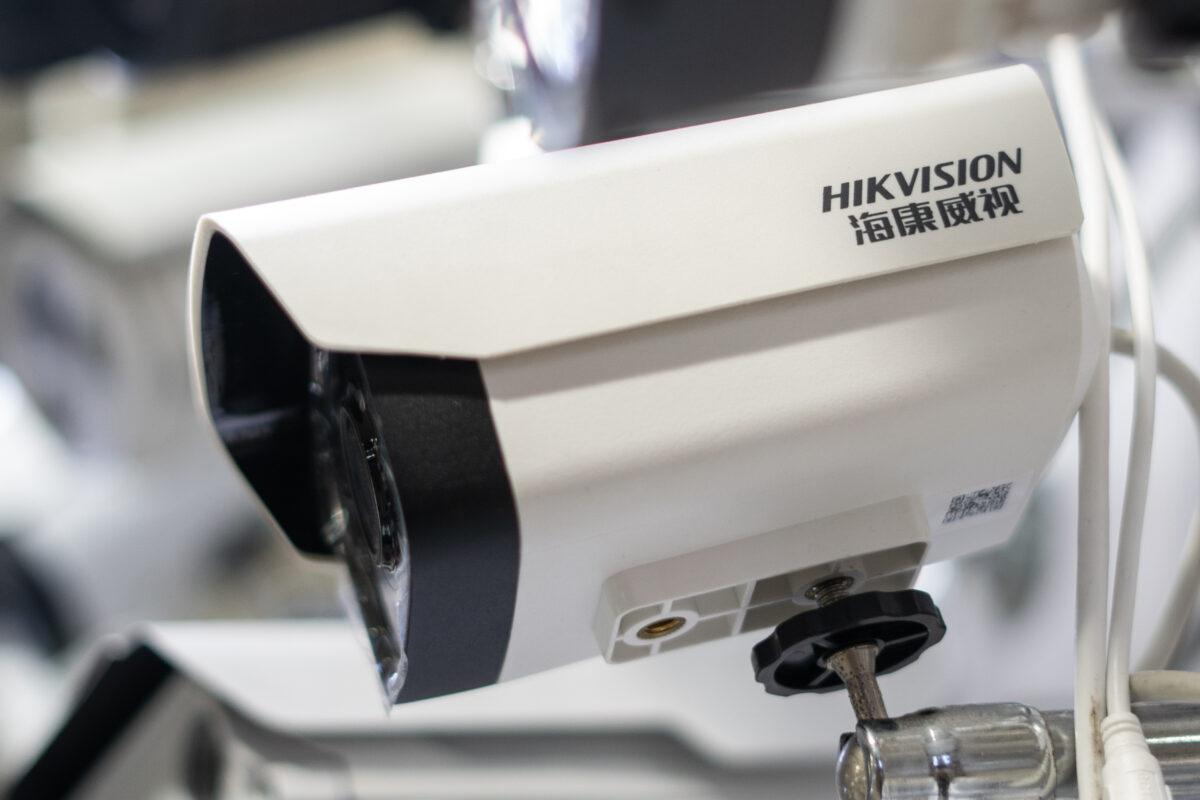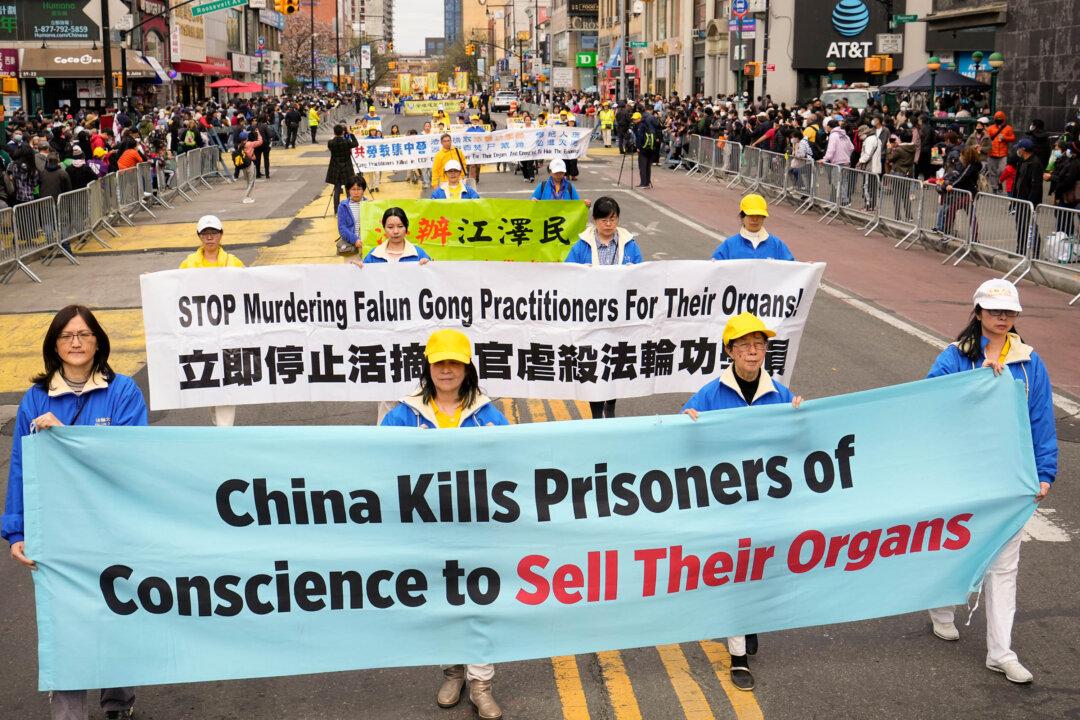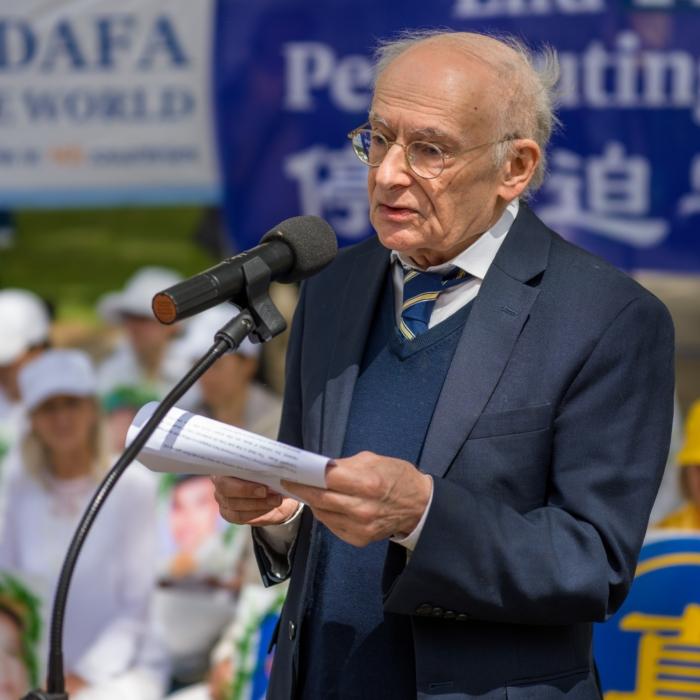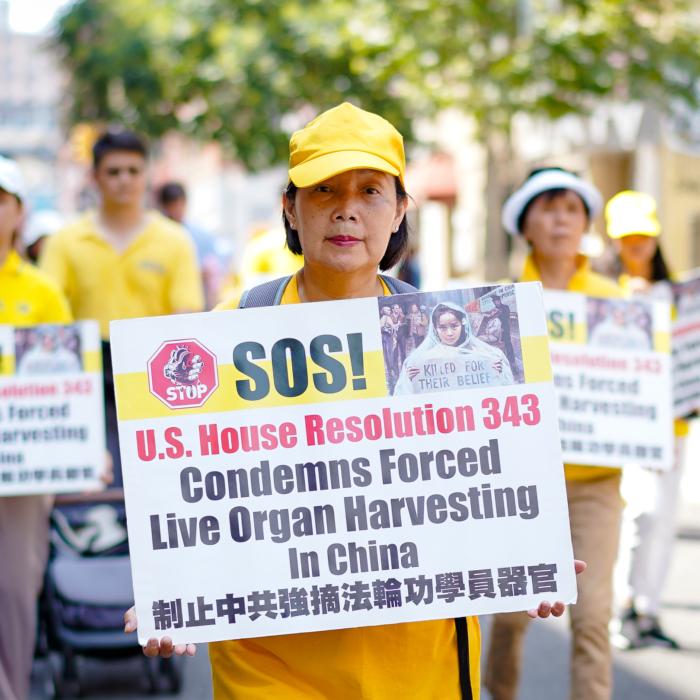Peers made a fresh attempt on Monday to make sure suppliers involved in forced organ harvesting will be barred from getting a public contract by re-attaching a clause to the Procurement Bill.
The Lords voted by 156 to 151 in support of an amendment proposed by Lord Hunt of Kings Heath. The amendment will allow a decision maker to exclude suppliers found to be involved in forced organ harvesting or in the dealings of any devices, equipment, or services related to forced organ harvesting.
The amendment also includes a definition of forced organ harvesting as “killing a person without their consent so that their organs may be removed and transplanted into another person.”
While agreeing that complicity in forced organ harvesting “must not be tolerated,” ministers have argued that a different clause which excludes suppliers engaged in professional misconduct already provides the ground to deal with suppliers complicit in forced organ harvesting, but supporters of the amendment argued the practice needs to be singled out.
“I believe that there is considerable merit in making explicit reference in the bill to this matter so that public authorities are in no doubt whatever that they can use a discretionary power to deal with companies that may be dealing, maybe inadvertently, in this abhorrent trade,” Lord Hunt said in response to comments made on behalf of the government by Baroness Neville-Rolfe.
Commenting on the Baroness’s statement that she’s not aware of any supplier to the UK’s public sector that has been involved in forced organ harvesting, Lord Hunt said there appears to be evidence supporting the contrary.
“I think there is evidence of taxpayers’ money being spent on companies involved in forced organ harvesting,” he said. “For example, pharmaceutical companies may be supplying immunosuppressant drugs to hospitals that have been reported to remove organs from prisoners of conscience.”
Lord Hunt argued his amendment is necessary, especially in the context that “government policy towards China is completely inadequate to the threats that country poses to the interests of the United Kingdom.”
The bill has just started going through the last stage of the legislative process, known as the “ping pong” stage, in which a bill goes back and forth between the Commons and the Lords—normally up to three rounds—for minor tweaks. It’s likely the clause will be removed again or watered down in later rounds.
Chinese Cameras on ‘Sensitive’ Sites
Another provision removed in the Commons in February targeted Chinese surveillance camera brands such as Hikvision and Dahua, which are known for their involvement in mass surveillance, including in labour camps in Xinjiang.Like any organisation in China, the companies are also subject to the regime’s national security law which requires individuals and entities to “support, assist, and cooperate with national intelligence efforts,” sparking security concerns.
The government previously banned the installation of new Chinese cameras on “sensitive” public buildings, but Lord Alton of Liverpool’s amendment would have required ministers to publish a timeline of removing such equipment—potentially tens of thousands of them—from all public buildings.

Discussing the issue in the Lords on Monday, Baroness Neville-Rolfe provided a clarification on what “sensitive sites” include, “which are: any building or complex that routinely holds secret material or above; any location that hosts a significant proportion of officials holding developed vetting clearance; any location which is routinely used by ministers; and any government location covered under the Serious Organised Crime and Police Act 2005.”
The minister made a further concession, agreeing to submit annual reports to Parliament about the progress of removing Chinese cameras from sensitive sites.
She defended the decision not to mandate the removal of these cameras from all public sites, arguing that places like recycling centres, leisure centres, schools, or hospitals “are not the sites that would typically be of interest to a hostile state.”
Citing some retailers’ decisions to ban Chinese-made CCTV for “ethical and security reasons,” Lord Alton expressed disagreement with the ministers’ argument, saying it would be “odd if supermarkets were ahead of public bodies in recognising the dangers posed by the [Chinese Communist Party’s] surveillance state.”
However, he welcomed the concessions made by the government and decided not to push further to re-insert his amendment.







